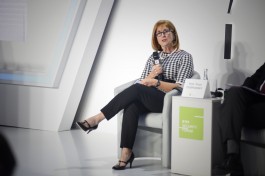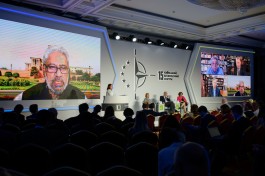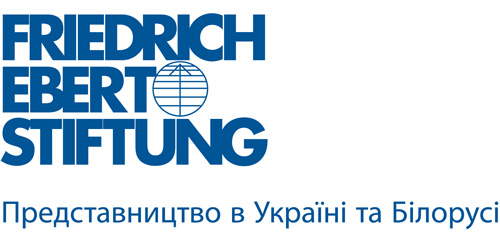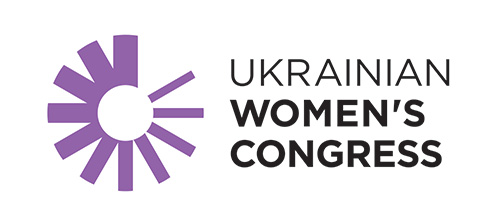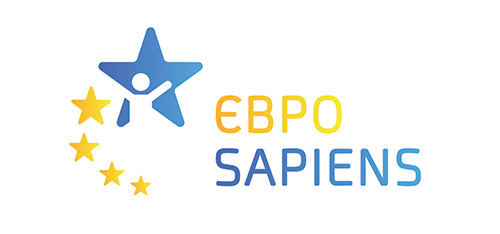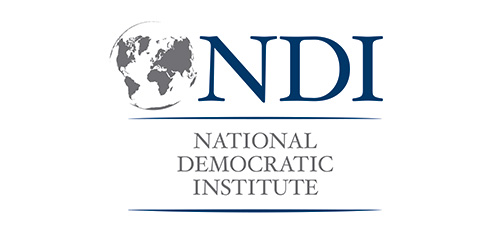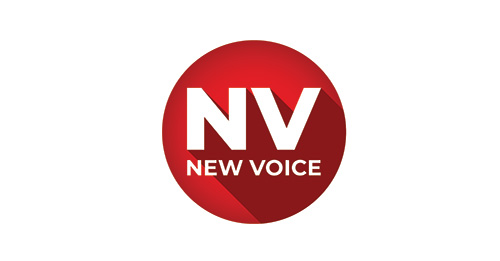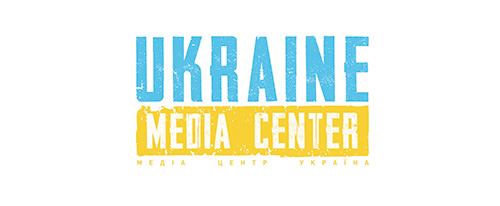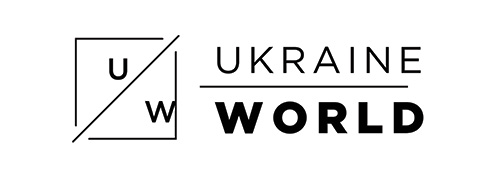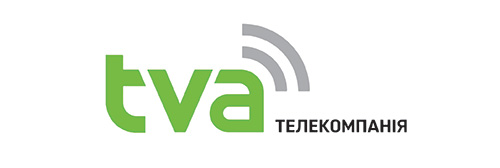Sir Malcolm Rifkind: Russia is not a superpower
Speaking about the possibility of a new Cold War, one should not forget that, unlike the USSR, Russia is not a superpower. Such an opinion was expressed by Sir Malcolm Rifkind, the Secretary of State of Foreign and Commonwealth Affairs, United Kingdom (1995-1997) during the 11th Kyiv Security Forum organized by the Arseniy Yatsenyuk Open Ukraine Foundation.
For reference:
The annual international event Kyiv Security Forum was launched by the Arseniy Yatsenyuk Foundation Open Ukraine in 2007 as a platform for high-level discussions on the current issues in Europe and the Black Sea region. The Forum aims at increasing security cooperation between the EU and the Black Sea region, raising awareness about regional developments among key regional players, promoting the role of independent and non-governmental actors in setting the security agenda in Europe.
The event is being held with the support of NATO Information and Documentation Center in Ukraine, the German Marshall Fund, The Victor Pinchuk Foundation, The Royal Institute of International Relations, Chatham House (UK), and The Regional Representative Office of the Friedrich Ebert Foundation in Ukraine.


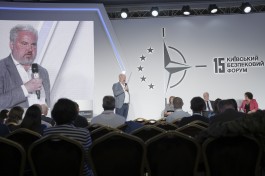
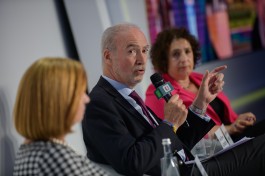
-tmb-265x176.jpeg)
